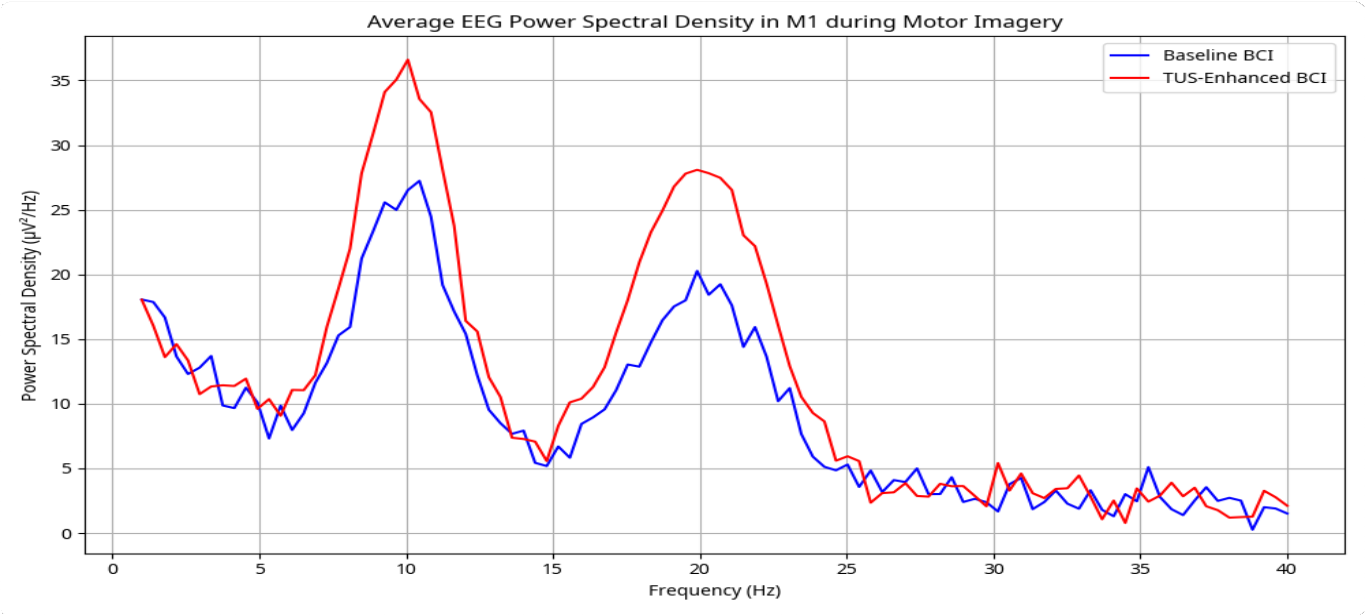Enhancing Intelligent Prosthetic Control through Transcranial Ultrasound Neuromodulation
DOI:
https://doi.org/10.64504/big.d.v2i2.179Keywords:
Transcranial Ultrasound Neuromodulation, Intelligent Prosthetics, Brain-Computer Interface, Assistive Devices, Sensory FeedbackAbstract
Intelligent prosthetics represent a transformative advancement in restoring motor function and improving the quality of life for individuals with limb loss. However, current prosthetic control systems often face limitations in intuitiveness, precision, and sensory feedback, hindering seamless integration with the user's biological intent. Transcranial ultrasound neuromodulation (TUS) has emerged as a promising non-invasive technique capable of precisely modulating neuronal activity with high spatiotemporal resolution. This paper explores the synergistic integration of TUS with intelligent prosthetic design to overcome existing challenges and unlock new possibilities in human-prosthetic interaction. We propose a novel framework that leverages TUS to enhance brain-computer interface (BCI) control signals, improve proprioceptive and tactile feedback, and facilitate neuroplasticity for optimized prosthetic adaptation. Through a comprehensive review of existing literature on TUS mechanisms, BCI advancements, and prosthetic technologies, we delineate the theoretical underpinnings and practical considerations for this interdisciplinary approach. We further outline potential experimental paradigms and system architectures for developing TUS-enhanced intelligent prosthetics, emphasizing the importance of closed- loop control and personalized neuromodulation strategies. This integration holds significant promise for advancing the field of assistive devices, offering more natural, responsive, and user-centric prosthetic solutions.
Downloads

Downloads
Published
Versions
- 2026-01-23 (2)
- 2025-04-01 (1)
How to Cite
Issue
Section
Categories
License
Copyright (c) 2025 BIG.D

This work is licensed under a Creative Commons Attribution-NonCommercial-NoDerivatives 4.0 International License.





